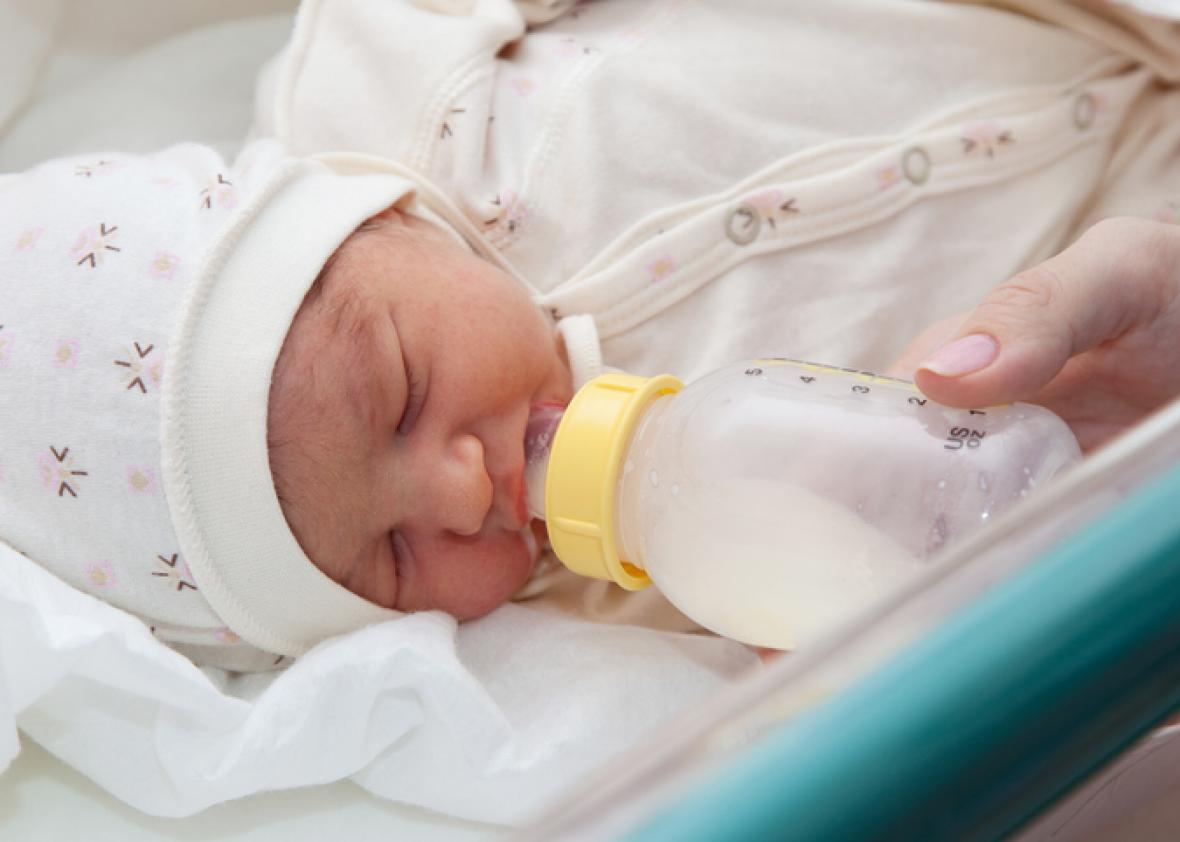New York is poised to become the seventh state in the U.S. to cover donated breast milk through Medicaid for preterm babies who need it. A bill that passed through the state legislature and is waiting for Governor Andrew Cuomo’s signature would require Medicaid to pay for pasteurized breast milk from certified milk banks when premature infants can’t get the breast milk they need from their mothers. The bill calls breast milk “one of the most effective measures for preventing death of high-risk babies that are born prematurely” and emphasizes that this expansion of Medicaid coverage will save the state money by reducing the length of hospital stays for preterm infants.
Though breast milk has proven benefits for all babies, preterm infants have an even greater need due to their heightened risk of necrotizing enterocolitis (NEC), an intestinal disease that can turn deadly. Consuming breast milk drastically reduces that risk and lessens the severity of NEC in infants who already have it. Donated milk is often the best or only option for these premature babies, because they are sometimes unable to latch onto their mothers’ breasts and their mothers may have trouble producing a sufficient milk supply.
Compounding the need for more affordable donor milk is the concentration of preterm births among low-income mothers. Preterm babies in New York, as in many places around the country and the world, are more likely to be born to women on Medicaid. The American Academy of Pediatrics (AAP) estimates that mothers in poverty give birth to up to 70 percent of preterm infants in the state.
But donor milk is expensive—the New York bill estimates an average cost of $5 per ounce—and it’s often left out of health insurance plans. Out of pocket, this could cost a mother several hundred or even thousands of dollars a month. Just about 1.5 percent of all babies born in New York will be eligible for covered donor breast milk under the new law, but for those babies and their families, the assistance will make a huge impact. It will require Medicaid to cover donor breast milk for as long as doctors deem it necessary, with no time or age cap. This will relieve families’ financial burden in both the short and long term, since breast milk safeguards against NEC and other conditions, like mental disabilities, that can necessitate years of extra care. STAT reports that other, cheaper ways low-income mothers have gotten the milk they need for their babies, like online markets and unregulated sharing with peers, put babies at risk for diseases, since the milk is unpasteurized.
Medical analysts have estimated that $1 spent on donor breast milk can save $11 to $37 in neonatal intensive care unit costs; in a letter supporting the New York bill, the AAP estimates that NEC complications are responsible for $276,076 to $398,173 in additional hospital costs per preterm baby. Based on the NEC risk-reduction breast milk provides, funding donor milk for low-income mothers of preemies could save New York $10.5 million per year. The long-term cost savings associated with healthier kids and less-financially-strained families are exponentially greater.
